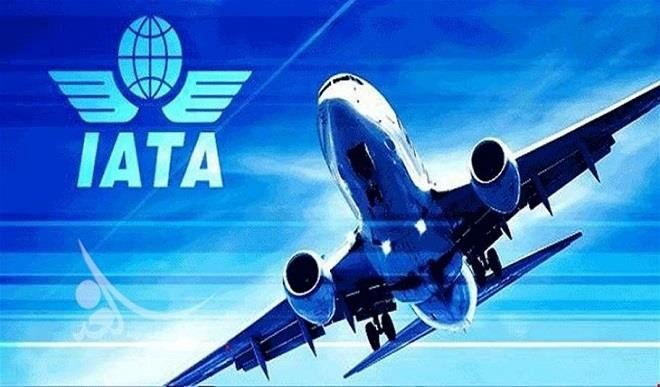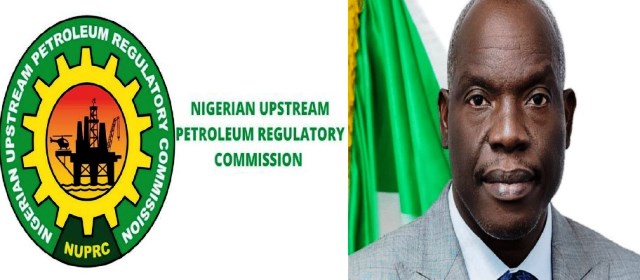It has emerged that over $792 million belonging to foreign airlines are currently trapped in Nigeria leaving them without dollar bills for their business, a development that is currently hampering their operations globally and making them consider quitting the country’s airspace altogether.
This is coming on the heels of last week announcement by the United States-headquartered company, Procter & Gamble (P&G) that they are pulling out of Nigeria barely months after another multinational corporation, GlaxoSmithKline (GSK) ended its operations in Nigeria.
Join our WhatsApp ChannelThe Naira collected by the foreign airlines for their tickets to customers are meant to be exchanged for foreign currencies to support their global operations. But the operators have been bemoaning their inability to get the exchange executed through the official foreign exchange market owing to the scarcity of foreign exchange resources.
Prime Business Africa recalls that the Governor of the Central Bank of Nigeria (CBN), Olayemi Cardoso, had in September disclosed that the apex bank has prioritised clearing the backlog of unsettled foreign exchange obligations. About a month later, President Bola Tinubu vowed at the Nigeria Economic Summit in Abuja that the Federal Government would honour all future foreign exchange contracts.
The President had directed the CBN to create a platform for quarterly reconciliatory meetings with foreign airlines to address the backlog of their fund but the challenge persists as there have neither been any meeting or funds released to any of the airlines.
The International Air Transport Association (IATA) has now weighed in on the matter, calling on the Federal Government of Nigeria to take the major challenge faced by foreign airlines seriously. This was as it listed Nigeria as the country with the highest amount of airlines’ blocked funds at $792m followed by Egypt, $348 million, Algeria, $199 million, AFI zone, $183 million and Ethiopia, $128 million.
“It is getting to a breaking point for the airlines. They are contemplating stopping operations,” said the IATA Regional Vice President Africa & Middle East, Kamil Al-Awadhi, during a media presentation with African journalists at the IATA Global Media Day in Geneva.
He continued, “Nigeria should look into this to resolve the issue. The airlines don’t have the cash to expand their operations. Ethiopia is seeking a way to resolve this issue even though the blocked fund is rising. The first step for us to solve these blocked funds is for both parties to engage. If parties don’t engage, it is very difficult to move forward.
“I have not been able to engage with Nigeria’s CBN Governor, he said he would engage with me when he had a solution. He is not promising but I have engaged with the Aviation Minister who is very understanding, new to the position, or maybe wowed by the situation he inherited will help to resolve the matter.
“The airlines in Africa are owed $34 million. That $34 million is blocked. Depreciation has set in on the money. They have already lost $10 million because of depreciation. That is not fair for the airlines because they have paid all the dues to the operators of the airports. Every due has been paid for. They carry Nigerian officials on these flights and they can’t get their money.”
On the business climate for Nigeria’s aviation sector, Al-Awadhi said with 25 percent interest on loans, high airport taxes, and insurance premiums which was six times more than anywhere in the world, it would be difficult for Nigerian airlines to make a profit.
“Any airline in Nigeria operating outside of Nigeria has a cheaper operating cost and better prices than Nigerian airlines. Every airline has its challenges and it depends on where it operates. To answer this question, I will use Nigeria as an example.
“Nigeria has two most expensive airports; their fuel is higher than elsewhere in the world, and insurance is six times more expensive than anywhere else in the world,” the IATA chief added.
















Follow Us